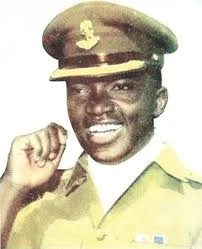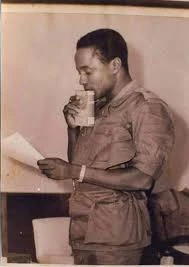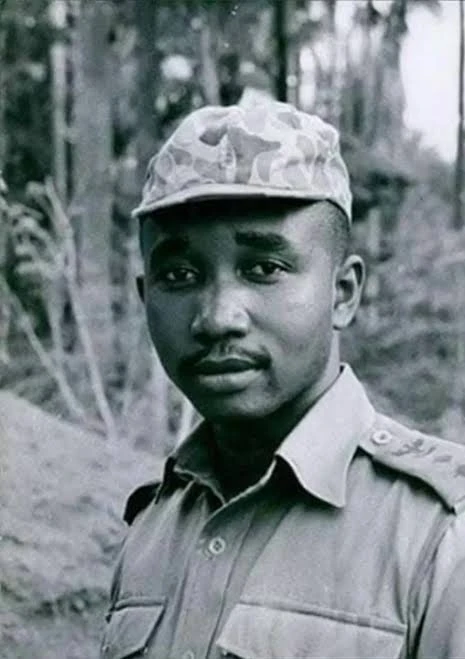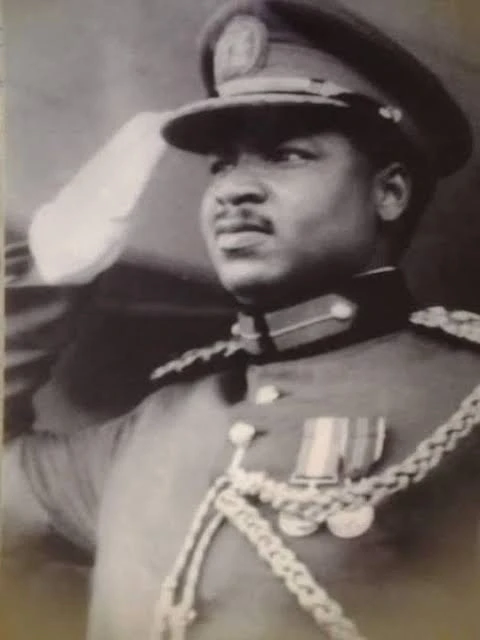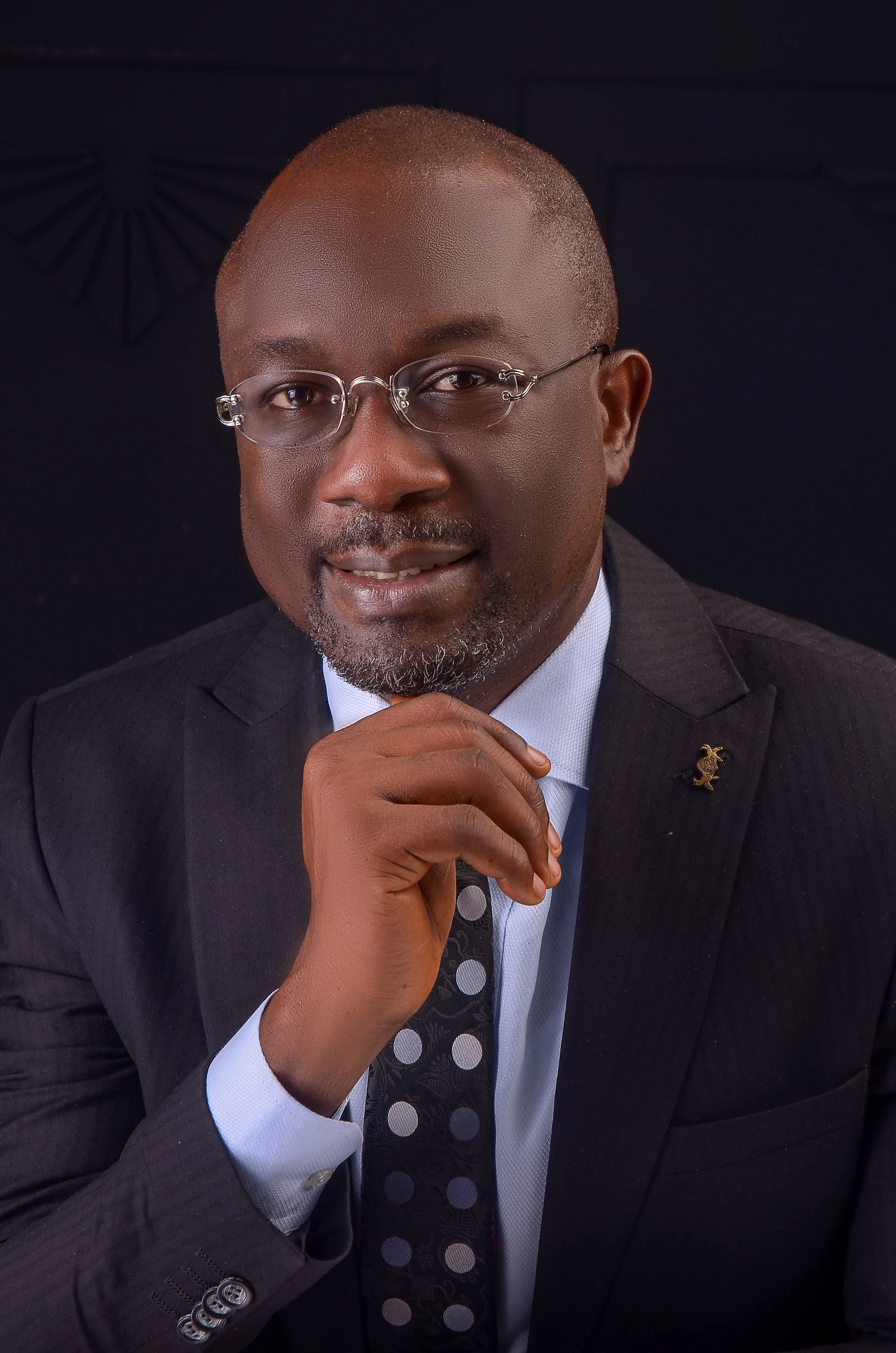 Olugbemi. Adeyinka Ogunleye
5 months ago
Olugbemi. Adeyinka Ogunleye
5 months ago
Overview
JANUARY 15th 1966: A MORNING OF MURDER, MAYHEM AND CARNAGE - Part 4
...Bullets flew everywhere in the room during the gunfight that ensued whilst my father was tied up in the middle of the floor with no cover. All that yet not one bullet touched him!
This was clearly the Finger of God and once again divine providence as under normal circumstances few could have escaped or survived such an encounter without being killed either by direct fire or a stray bullet. For this I give God the glory.
Meanwhile three of the soldiers that had tied my father up and placed him under guard in that room were killed right before his eyes and two of Takoda's troops that stormed the room to save him lost their lives in the encounter.
At this point permit me to mention the fact that outside of my father, providence also smiled favourably upon and delivered Sir Kashim Ibrahim, the Shettima of Borno and the Governor of the Old Northern Region from death that morning.
He was abducted from his home in Kaduna by the mutineers but was later rescued by loyalist troops.
When the mutineers took my father away everyone in our home thought he had been killed.
The next morning a handful of policemen came and took us to the house of my mother’s first cousin, Justice Atanda Fatai-Williams, who was a judge of the Western Region at the time. He later became the Chief Justice of Nigeria.
From there we were taken to the home of Justice Adenekan Ademola, another High Court judge at the time, who was a very close friend of my father and who later became a Judge of the Court of Appeal.
At this point the whole country had been thrown into confusion and no one knew what was going on.
We heard lots of stories and did not know what to make of what anymore. There was chaos and confusion and the entire nation was gripped by fear.
Two days later my father finally called us on the telephone and he told us that he was okay.
When we heard his voice, I kept telling my mother “I told you, I told you.”
Justice Ademola and his dear wife who was my mother's best friend, a Ghanian lady by the name of Aunty Frances, were weeping witgh joy.
My mother was also weeping as were my brother and sister and I just kept rejoicing because I knew that he would not be killed and I had told them all.
I believe that whoever that soldier was that promised me that my father would not be killed was used by God to convey a message to me that morning even in the midst of the mayhem and fear. I believe that God spoke through him that night.
Whoever he was the man spoke with confidence and authority and this constrains me to believe that he was a commissioned officer or a man in authority.
These mutineers who carried out this mutiny and coup were not alone: they got some backing from elements in the political class who identified with them.
Some have said that it was an Igbo coup whilst others have said that it was an UPGA (referring to the political alliance between the Action Group and the NCNC) coup but that is a story for another day.
Whatever anyone calls it or believes two things are clear: the consequences of the action that those young officers took that night were far-reaching and the way and manner in which they killed their victims was deplorable and barbaric.
Such savagery had never been witnessed in our shores. There has never been another night like that and the results of that night have been devastating and profound.
In my view not enough Nigerians appreciate this fact.
Some in our country cannot forgive those who participated in the mutiny and though I do not share that sentiment or disposition this is understandable.
Others believe that those young men (they were all in their 20’s) did the right thing & claim that those killings were necessary & heroic.
This is a sentiment which I not only despise but which I also find unacceptable & appalling.
There is nothing heroic about rebellion & the cold blooded murder of innocent & defenceless men & women.
Credit: Femi Fani-Kayode


